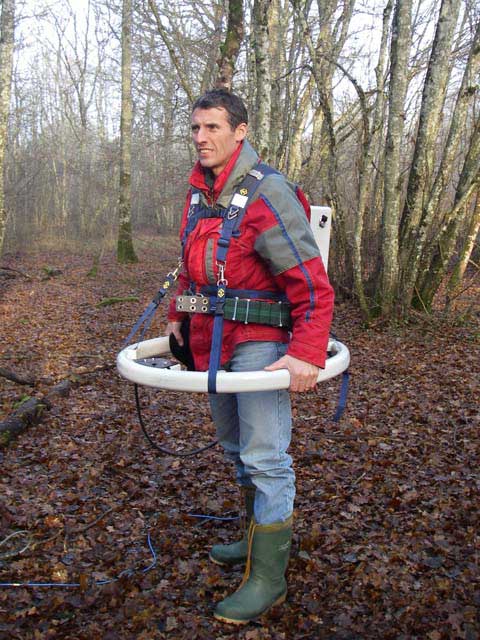


For example, a recent study found that up to 35% of individuals referred to palliative care reported fatigue as a chronic refractory symptom from which little to no relief was found ( Currow et al., 2015). The occurrence of fatigue has been reported as high as 80%-90% among chronically ill patients ( Franzén, Blomqvist, & Saveman, 2006 Prue, Rankin, Allen, Gracey, & Cramp, 2006), and fatigue is one of the most predominant features of chronic illness. Among patients with chronic conditions, the prevalence is even higher. workers, 38% of those sampled reported being fatigued ( Ricci, Chee, Lorandeau, & Berger, 2007). In the general population, the prevalence of fatigue has been reported to range from 7% to 45% ( Junghaenel, Christodoulou, Lai, & Stone, 2011). Therefore, in this cross-study analysis, we examined the psychometric properties of the PROMIS F-SF in these populations.įatigue is a symptom in great need of research because it is a common troublesome experience that is pervasive in today’s life ( Christodoulou, Schneider, Junghaenel, Broderick, & Stone, 2014). Compared to the other two fatigue measures, the PROMIS F-SF has had limited psychometric evaluation in diverse populations. Three measures of fatigue were used across the five studies: the Patient Reported Outcomes Measurement Information System Fatigue-Short Form v1.0 –Fatigue 7a ( PROMIS F-SF National Institute of Health Patient Reported Outcomes Measurement Information System,, 2007) the Multidimensional Fatigue Symptom Inventory-Short Form (MFSI-SF Stein, Jacobsen, Blanchard, & Thors, 2004 Stein, Martin, Hann, & Jacobsen, 1998) and the Brief Fatigue Inventory (BFI Mendoza et al., 1999). The studies included individuals with fibromyalgia syndrome (FMS), sickle cell disease (SCD), cardio-metabolic risk (CMR), pregnancy, and healthy controls from a breast cancer study. Fatigue was measured in five studies supported by this P30 center. NINR focuses on symptom research and PROs, and to achieve this goal provides funding to support the development of centers of excellence (P30) that build symptom science ( Redeker et al., 2015). Our National Institute of Nursing Research (NINR)-funded P30 Center of Excellence for Biobehavioral Approaches to Symptom Management which targeted fatigue as a PRO. Reliable and valid tools to measure health outcomes from the patient’s perspective-patient-reported outcomes (PROs)-are essential for evaluating the effects of interventions and treatments.


 0 kommentar(er)
0 kommentar(er)
